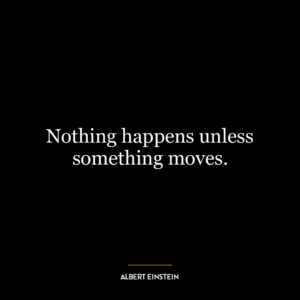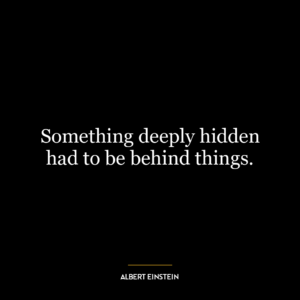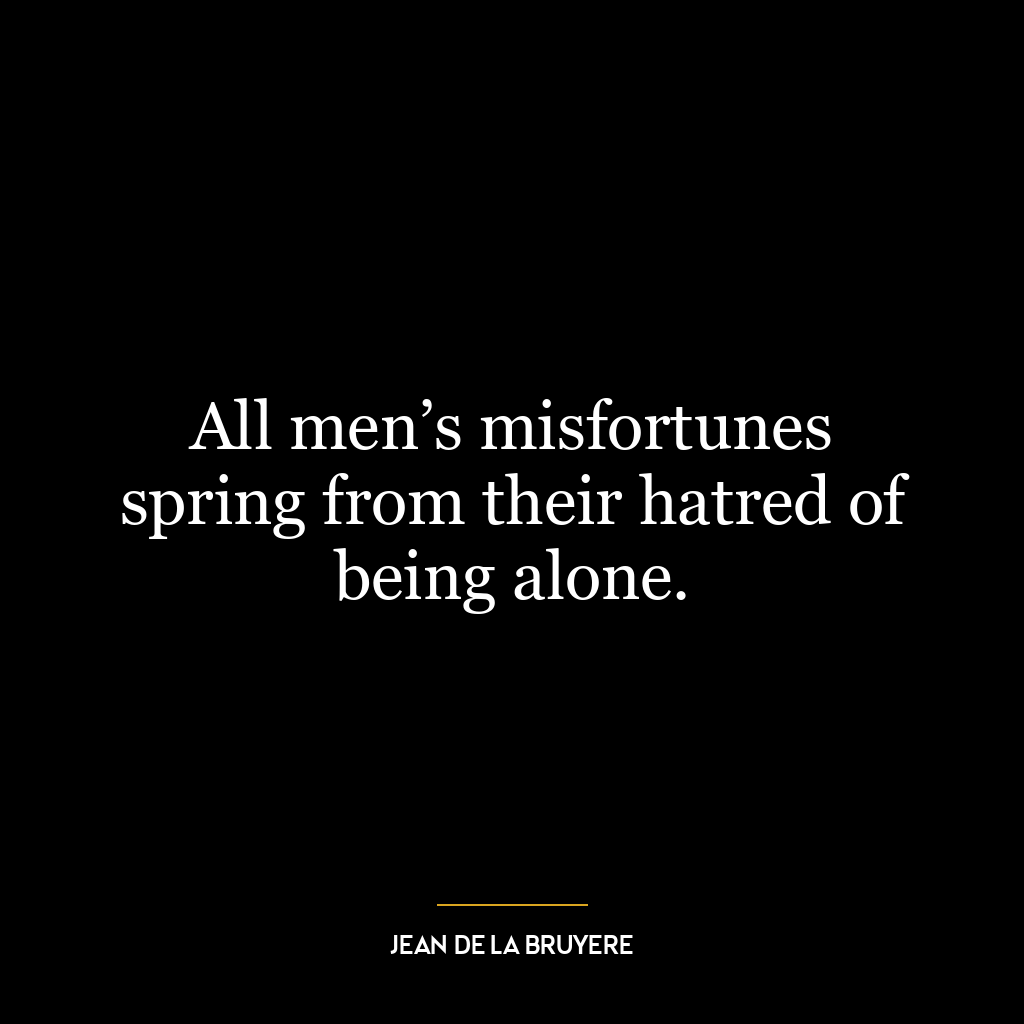This quote suggests that each action or decision we make should be viewed as an isolated event, separate from all the others. It implies that every act exists in its own unique context and should be evaluated based on its individual merits and consequences, rather than being lumped together with other actions or decisions.
In essence, it’s a call for nuance and careful consideration. It asks us to resist the urge to make sweeping judgments or to allow our perception of one action to color our perception of another. Instead, we should strive to understand the unique circumstances, motivations, and outcomes that define each action.
Applying this idea in today’s world could lead to more fair and balanced judgments in various fields. For instance, in the legal system, it could mean judging each case on its own merits rather than allowing biases or previous cases to influence the decision. In the media, it could mean assessing each piece of news or each public figure individually, rather than making generalizations based on party, race, religion, or other group affiliations.
In personal development, this idea could be a reminder to treat each day as a new opportunity, a distinct “island in time”. Each decision we make, each action we take, is a chance to learn, grow, and shape our future. We shouldn’t let past mistakes or successes dictate our current actions. Instead, we should focus on making the best decision in the present moment, based on the unique circumstances we face.
Furthermore, it’s a call to practice self-compassion and avoid self-judgment. If we view each act as an “island in time”, we can learn to forgive ourselves for past mistakes, recognizing that they don’t define who we are or who we can become. At the same time, it encourages us to not rest on our laurels, recognizing that past successes don’t guarantee future ones. Each new act is a new opportunity to strive for excellence and personal growth.











